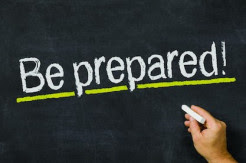|
Brought to you by the GBC Strategic Planning Team
|
|
As a global community, ISKCON should be especially sensitive to others during this time of crisis. As believers of “not this body, but spirit soul”, ISKCON devotees should be careful not to stigmatize others based on their race, age, gender, or health. Being kind, magnanimous, equal, clean, steady, respectful, and friendly are but some of the qualities of a devotee. We should take these qualities to heart and practice them thoughtfully, especially during a time of stress and chaos when the mind can easily become disturbed. |
 Following Global and Regional Guidelines It is important to understand and practice the recommended guidelines and directives given by healthcare professionals and local governments. Many people around the world are doing their part to help reduce the spread of COVID-19. As ISKCON devotees, we can also do our part by putting into practice these important guidelines, staying informed, and being a good example for others to follow. |
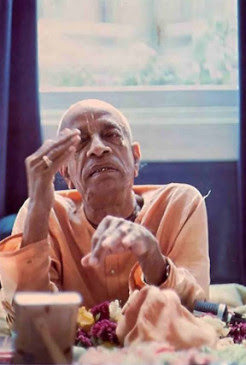 Srila Prabhupada explained to Bob Cohen (now Brahmatirtha dasa), as quoted in PQPA: “So long as you are in the material world, you cannot neglect physical laws. Suppose you go to a jungle and there is a tiger. It is known that it will attack you, so why should you voluntarily go and be attacked? It is not that a devotee should take physical risk so long as he has a physical body. It is not a challenge to the physical laws: ‘I have become a devotee. I challenge everything.’ That is foolishness.” |
|
Here are some resources that help explain the novel coronavirus:https://youtu.be/mOV1aBVYKGAhttps://youtu.be/OOJqHPfG7pACOVID-19 is especially dangerous for people of any age with underlying health conditions such as asthma, heart conditions, lung disease, or immune disorders. Anyone in these categories, and anyone above 60, should be extra cautious. The following link contains good information about people who are at higher risk:https://www.cdc.gov/coronavirus/2019-ncov/specific-groups/high-risk-complications.htmlHow Does COVID-19 Spread? The main way in which the virus spreads is from person to person who are in close contact with each other. When an infected person coughs or sneezes, they can produce respiratory droplets that contain the novel coronavirus. These respiratory droplets can float in the air and land on nearby surfaces. In fact, a single cough can produce up to 3,000 ultra-fine droplets. If these respiratory droplets are breathed in by someone nearby, they can be exposed to the virus. It is also believed that the virus can spread by people touching surfaces that have these respiratory droplets on them and then touching their nose and mouth, or rubbing their eyes. For more information on how the virus spreads, the following links are very useful:https://youtu.be/WfJSVbQtHsk?list=PLvrp9iOILTQaJa78zFQ0QgvShQ2HEwHxPhttps://www.cdc.gov/coronavirus/2019-ncov/prepare/transmission.htmlWhat Can People Do To Protect Themselves From COVID-19? Practice Social Distancing View this video about social distancing:https://youtu.be/bYQjssb7xdkWash your Hands Regularly and Avoid Common Surfaces View this video about washing your hands:https://youtu.be/d914EnpU4FoFor more information on how to protect yourself from COVID-19 and what you can do to prevent spreading it to others, visit the following links:https://www.cdc.gov/coronavirus/2019-ncov/prepare/prevention.htmlhttps://www.who.int/emergencies/diseases/novel-coronavirus-2019/advice-for-publichttps://youtu.be/9Ay4u7OYOhA?list=PLvrp9iOILTQaJa78zFQ0QgvShQ2HEwHxPWhat To Do if You or Someone You Know is Sick? If you or someone you know develop symptoms similar to a cold or a flu, such as a fever or cough, they may have COVID-19. For most people, the illness is mild and they will be able to recover at home. Good information on what to do if you are sick:https://www.cdc.gov/coronavirus/2019-ncov/if-you-are-sick/steps-when-sick.htmlhttps://www.cdc.gov/coronavirus/2019-ncov/if-you-are-sick/caring-for-yourself-at-home.htmlhttps://www.cdc.gov/coronavirus/2019-ncov/if-you-are-sick/care-for-someone.htmlIf you are experiencing any of the following emergency warning signs, seek medical attention immediately:· Trouble breathing |
|
If you are sick, it is important not to spread the illness to others. To help stop the spread of the virus, it is recommended to self-isolate and stay at home when you are sick. Cover your nose and mouth with a tissue when sneezing or coughing and then throw the tissue in the trash. Wash your hands regularly and clean and disinfect surfaces that you touch regularly. Wear a facemask if you are sick or if you are taking care of someone who is sick. Monitor the situation closely and communicate with your doctor or healthcare professional. Some guidelines for preventing the spread of COVID-19 if you or someone you know is sick:https://www.cdc.gov/coronavirus/2019-ncov/downloads/sick-with-2019-nCoV-fact-sheet.pdfhttps://www.youtube.com/watch?v=qPoptbtBjkg |
|
For the most current and updated information, the following links are helpful:https://www.cdc.gov/coronavirus/2019-ncov/cases-updates/index.htmlhttps://www.cdc.gov/coronavirus/2019-ncov/whats-new-all.htmlhttps://experience.arcgis.com/experience/685d0ace521648f8a5beeeee1b9125cdFor the US, the following is a list of websites for each state’s health department:https://www.cdc.gov/publichealthgateway/healthdirectories/healthdepartments.html |
 Travel Related Guidelines All non-essential travel is to be avoided. Travel restrictions vary from place to place. Please check the following links to learn more about the latest travel guidelines. It is recommended for anyone who has travelled to self-isolate for 14 days upon returning home. Check with your local government to learn about travel restrictions and how they affect you.https://www.cdc.gov/coronavirus/2019-ncov/travelers/index.htmlhttps://www.cdc.gov/coronavirus/2019-ncov/travelers/map-and-travel-notices.html |
|
Festival and Event PlanningWhen planning an event or festival in the upcoming months, it is very important to understand your country’s restrictions and guidelines concerning events, how many people can gather, etc. The link below is useful when considering planning future events or festivals. Even though some of the information in the link below pertains to gatherings in the US, there is still valuable information that will apply to any location in the world.https://www.cdc.gov/coronavirus/2019-ncov/community/large-events/mass-gatherings-ready-for-covid-19.html |
|
Be SAFE and do everything you can to avoid being infected |
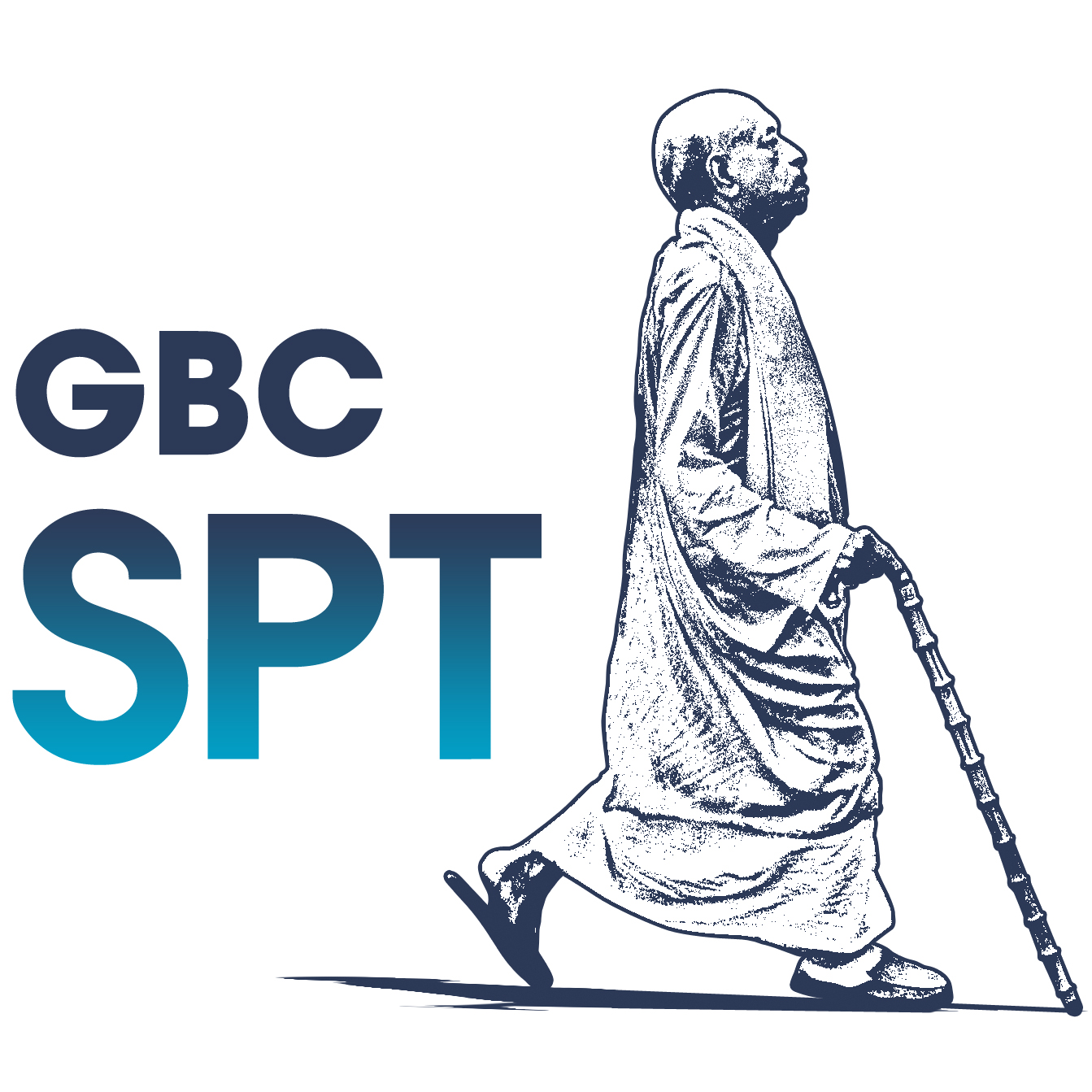

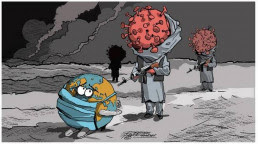
 Be Kind and Don’t Stigmatize
Be Kind and Don’t Stigmatize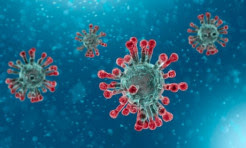
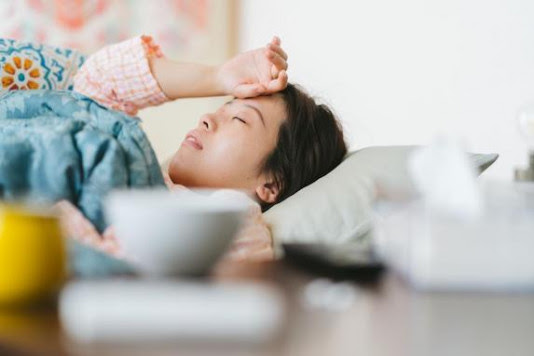 Stopping the Spread of COVID-19 When Sick
Stopping the Spread of COVID-19 When Sick

